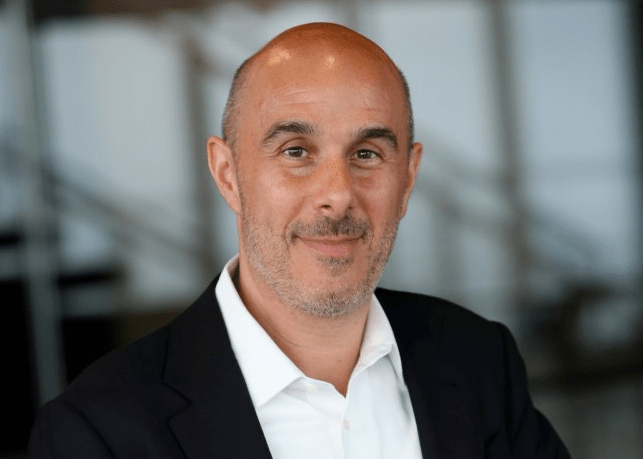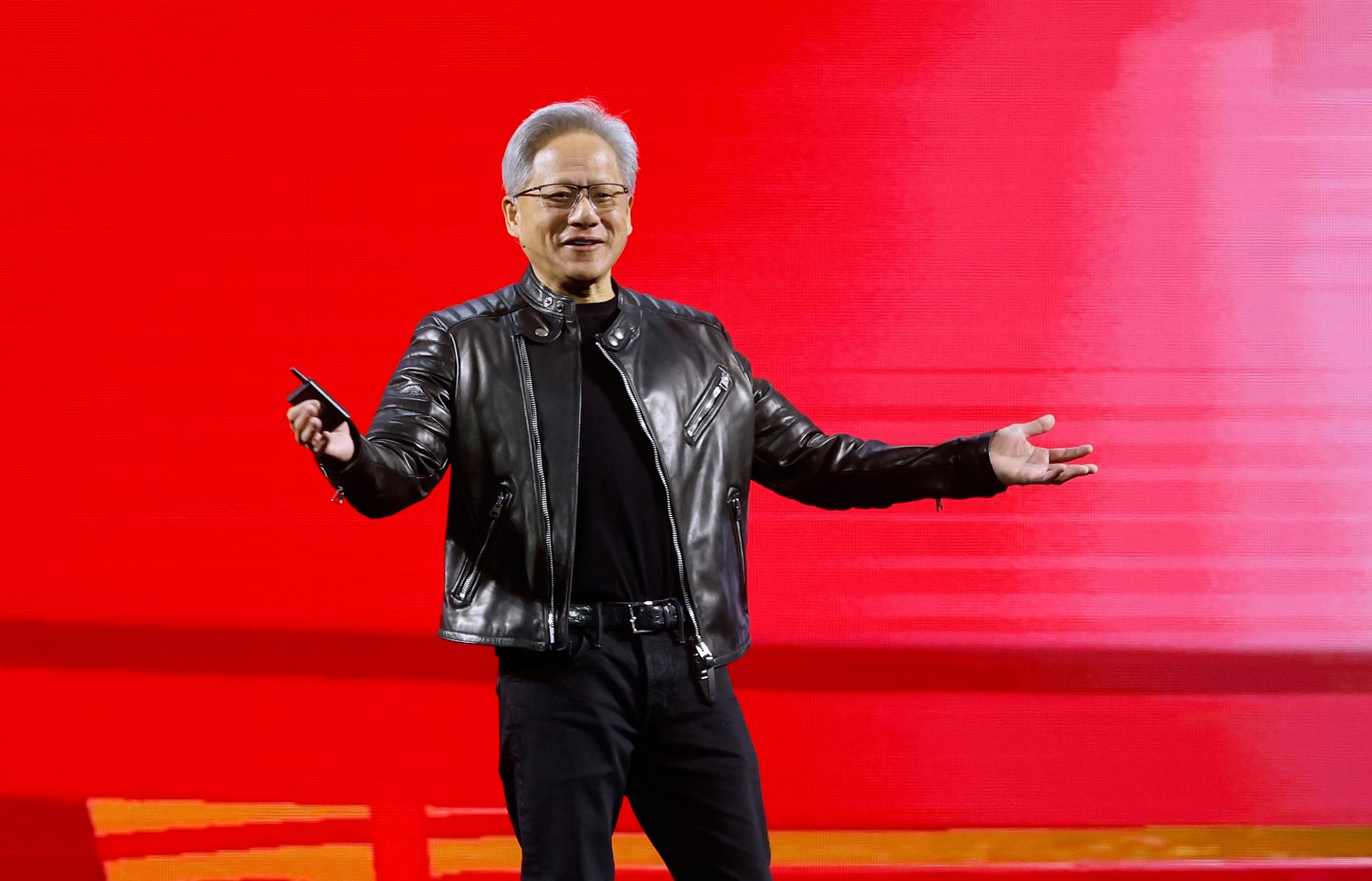Our mission to make business better is fueled by readers like you. To enjoy unlimited access to our journalism, subscribe today.
Befitting the unfinished state of superfast new 5G mobile networks, AT&T, Verizon, and T-Mobile were each able to brag on Monday that they had won an award for having the best 5G wireless service.
Research firm Rootmetrics, which has professional testers drive across the country to measure network performance, said Verizon has the best overall network and the fastest average download speeds. Meanwhile, Opensignal, which relies on crowdsourcing phone users running its speed testing app, said T-Mobile’s 5G network was fastest. And Ookla, which also relies on users of its app, awarded AT&T the title of fastest in 5G.
The conflicting results should not be a shock since each of the carriers is still in the middle of upgrading equipment to 5G, at a cost of tens of billions of dollars, and each is following a different rollout strategy. Also, most consumers don’t yet have phones that are compatible with 5G. Eventually, 5G networks could provide consistent download speeds 10 to 100-times faster than an average 4G connection, allowing for new applications like mobile gaming in virtual reality and guiding connected cars in traffic.
In addition to differing speed rankings, two of the firms also rated 5G availability. Ookla said T-Mobile consumers found 5G 64% of the time, Verizon users spent 30% of their time on 5G, and AT&T customers lagged with 26% on 5G. But Opensignal said the T-Mobile users it measured found 5G 30% of the time, AT&T users 19% of the time, and Verizon users just 10% of the time.
While all three carriers have introduced a version of 5G that is barely faster than 4G, they have each also added superfast versions in more limited locations. T-Mobile’s superfast 5G, which it calls “ultra capacity,” cover places where over 100 million people live. Verizon’s fast flavor, which it calls “Ultrawideband,” covers small parts of 64 cities. And AT&T calls its fast 5G “5G+” which is in parts of 31 cities.
Each of the carriers crowed about its win.
“Fast wireless speeds contribute to our customers having a great wireless experience when connecting to what they love most, and it can help speed up things like downloading your favorite HBO Max movie, game or app on the go,” AT&T said pointing to the Ookla results.
“These results serve to reinforce our network strategy and the way we’ve approached our 5G rollout works for our customers when and where they need it most,” Kyle Malady, chief technology officer at Verizon, said in a statement.
T-Mobile’s president of technology, Neville Ray, started his bragging by tweeting a version of a popular Simpson’s cartoon showing Bart writing “T-Mobile has the fastest 5G” over and over on a blackboard.
With the state of 5G networks and 5G phones in flux, it’s possible that the three research firms each got different answers when they took snapshots of the market. But differing methodologies may also have played a factor.
Rootmetrics testers compare networks using specific hardware, which it describes as “the best commercially available phone model from each network.” That’s supposed to eliminate differences due to the performance of different phones, but also limiting the applicability of its results for people who don’t use the same phone.
Ookla said it only counts tests on phones with the most recent technology, blends upload and download speeds, and excludes tests from ZIP codes where it doesn’t measure results from all three top carriers.
Opensignal says its apps collect speed data both when the user initiates a speed test and through automated tests taken at random intervals.











